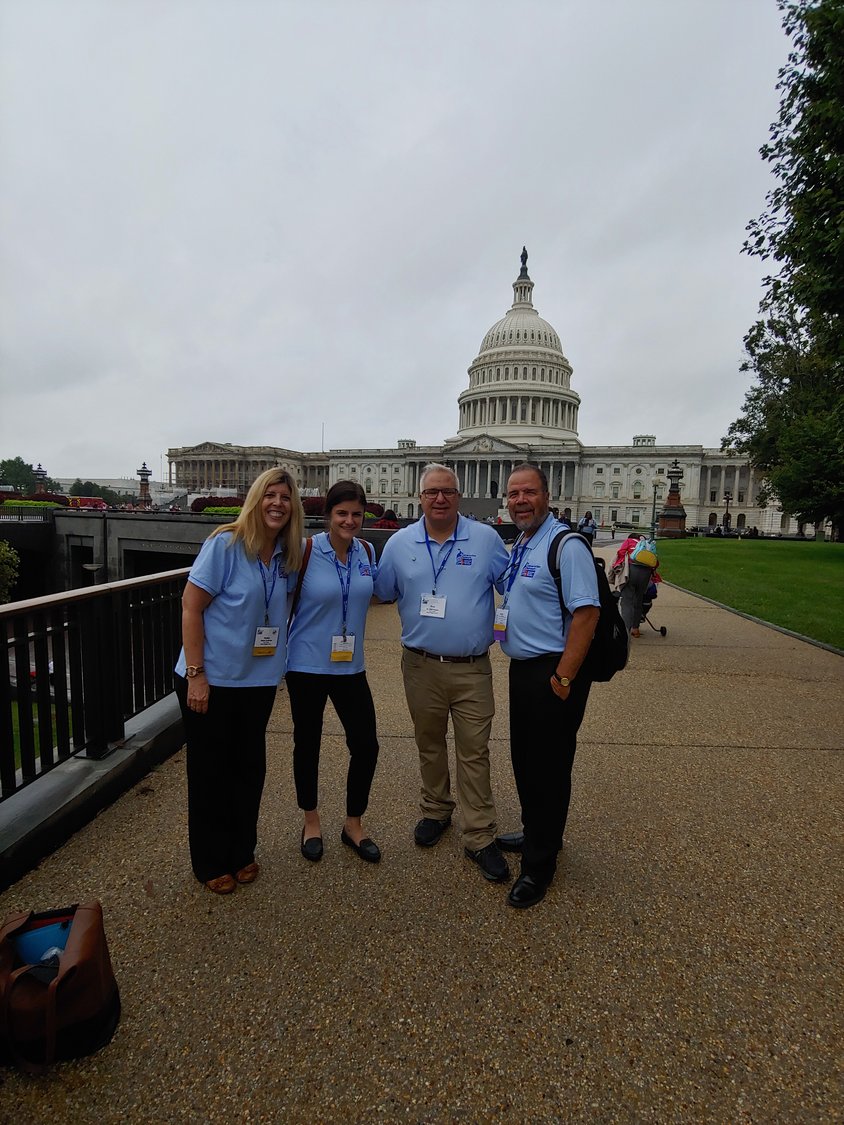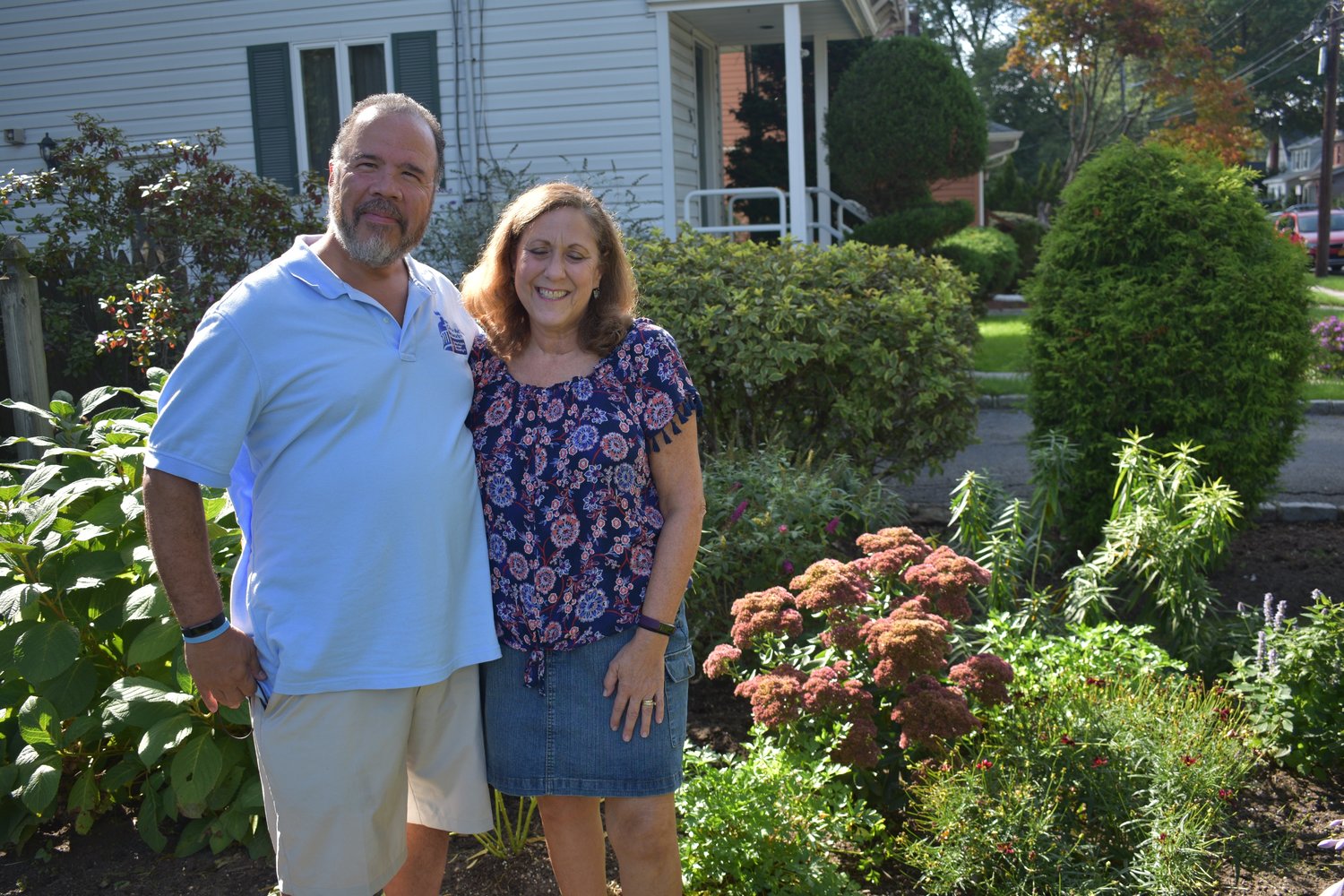Baldwinite lobbies for cancer research in D.C.
Cancer is a big part of Miguel Melendez’s life — his father died from prostate cancer, the same disease he was diagnosed in 2009. His wife, Abby, is a thyroid cancer survivor who runs a support group. Melendez, a Baldwin resident, said he wants to make sure future generations are more prepared to fight all kinds of cancer.
“I don’t want my children to have to go through I had to go through,” he said. That’s one of the reasons why he, along with hundreds of other volunteers, visited Washington, D.C. in September to call for cancer research to become a national priority. “Cancer is not a partisan issue,” Melendez said. “We found a lot of support, especially in the House, from both the Republican and Democratic sides.”
Melendez made the trek as part of the American Cancer Society’s Cancer Action Network — an advocacy group that lobbies Congress and state Legislatures to commit more funding to cancer research and ensure all patients have access to care. The group on Oct. 5 said its volunteers helped lead to lawmakers approving an additional $2 billion for research at the National Institutes of Health.
“This kind of consistent, year-over-year funding increase ensures research started in one budget year can continue into the next and promising developments can move from the lab to the patient as quickly as possible,” ACS CAN President Chris Hansen said in a statement.
Melendez said Long Island is fortunate because most of the representatives back ACS CAN’s causes. During the lobbying trip, the Baldwin resident met with Rep. Kathleen Rice, a Democrat from Garden City, and thanked her for supporting bills that would establish palliative care and hospice education centers and removes payment barriers for colorectal screenings.
The first bill seeks to raise awareness of palliative care, a relatively new that seeks to provide relief from symptoms and stress during any stage of illness. “It improves their treatment and their quality of life,” Melendez said. “It also increases their chances of surviving.”
The colorectal bill would eliminate unexpected costs for Medicare recipients when a polyp is discovered and removed during screenings. Melendez said the loophole exists because when a polyp is found a visit is changed from a screening to a diagnosis — leading co-payments to jump by more than $2,000 in some cases. “Sometimes that will be a deterrent to people of old age on a fixed income,” Melendez said, “so they may put it off.”
Melendez said there’s still a lot more that can be done for those with cancer. “We’re basically representing people who have been diagnosed,” Melendez said. “We want to express what our people are concerned about and fear in terms of healthcare.”
That includes fighting off possible cuts to cancer research and care.
He said he plans on committing more time to lobbying for those causes. “I am retired and have a lot more time on my hands,” he said. “I’m looking forward to building relationships with our politicians.”
When Melendez is not talking with politicians, he and his wife dedicate time to their garden. The Baldwinites say tending to the garden helps bring a sense of peace to them.











